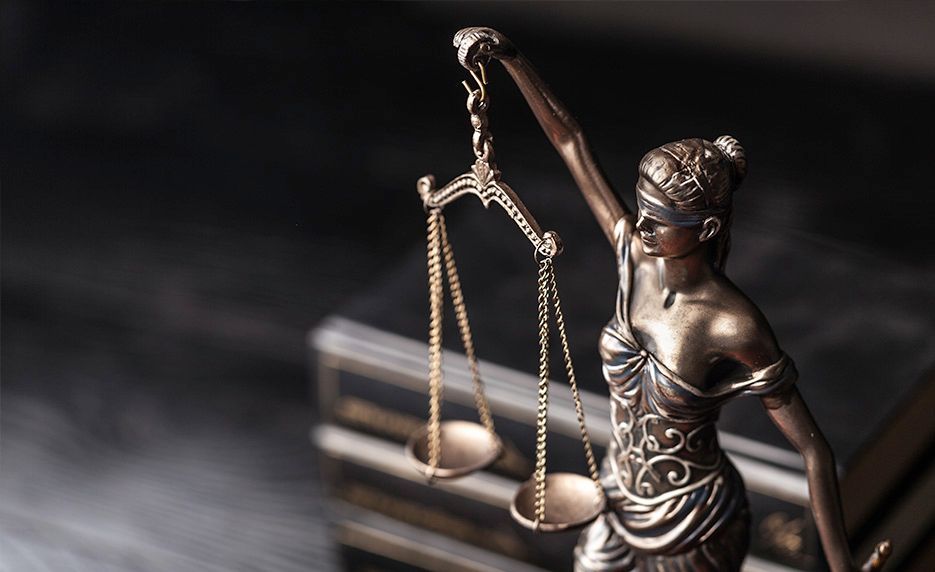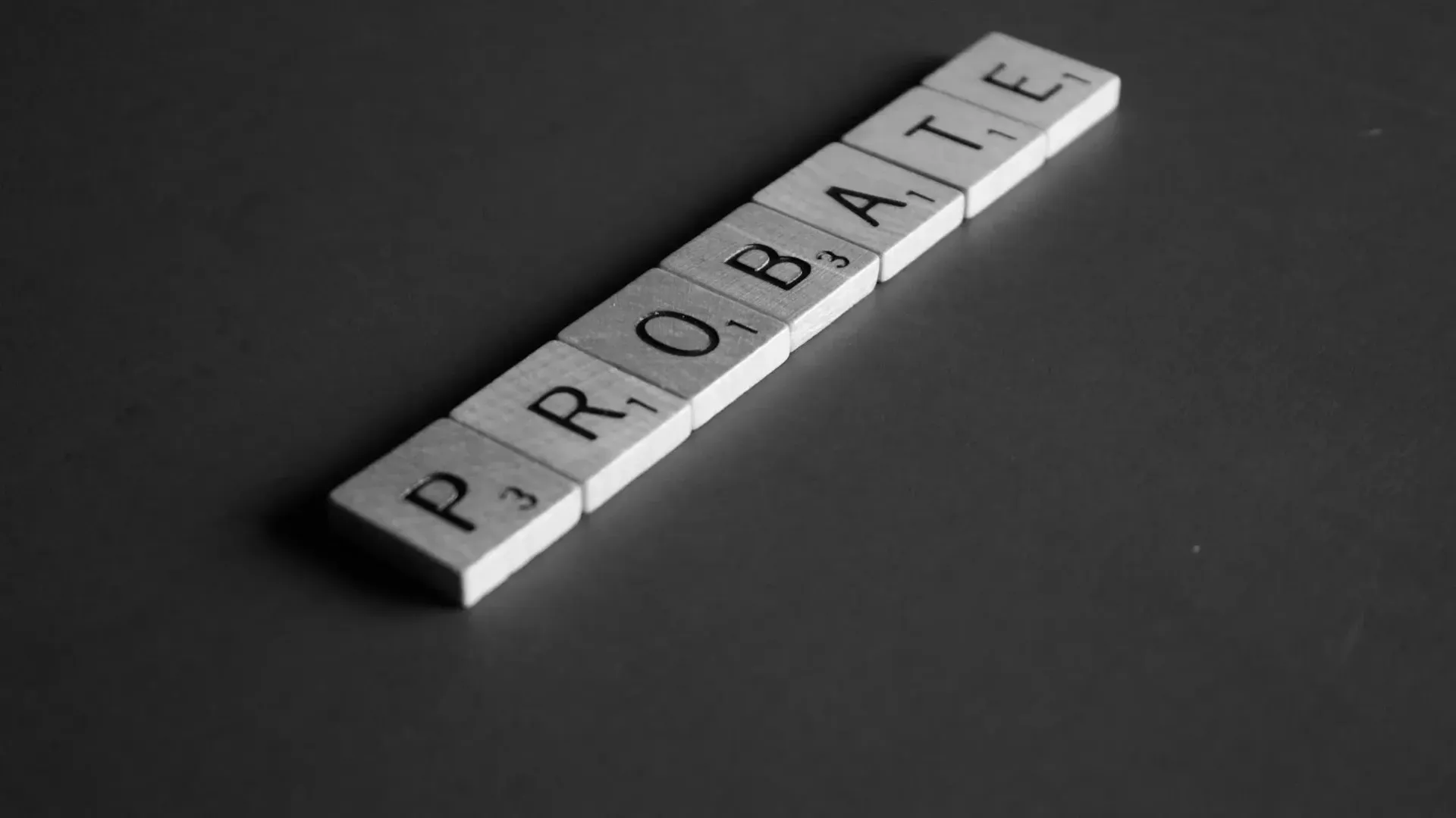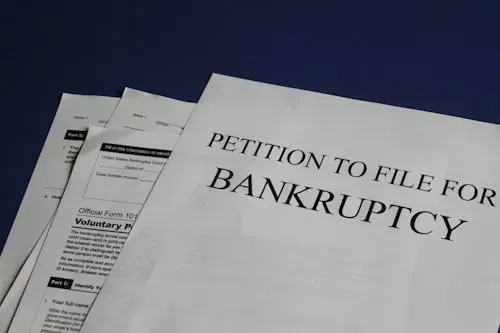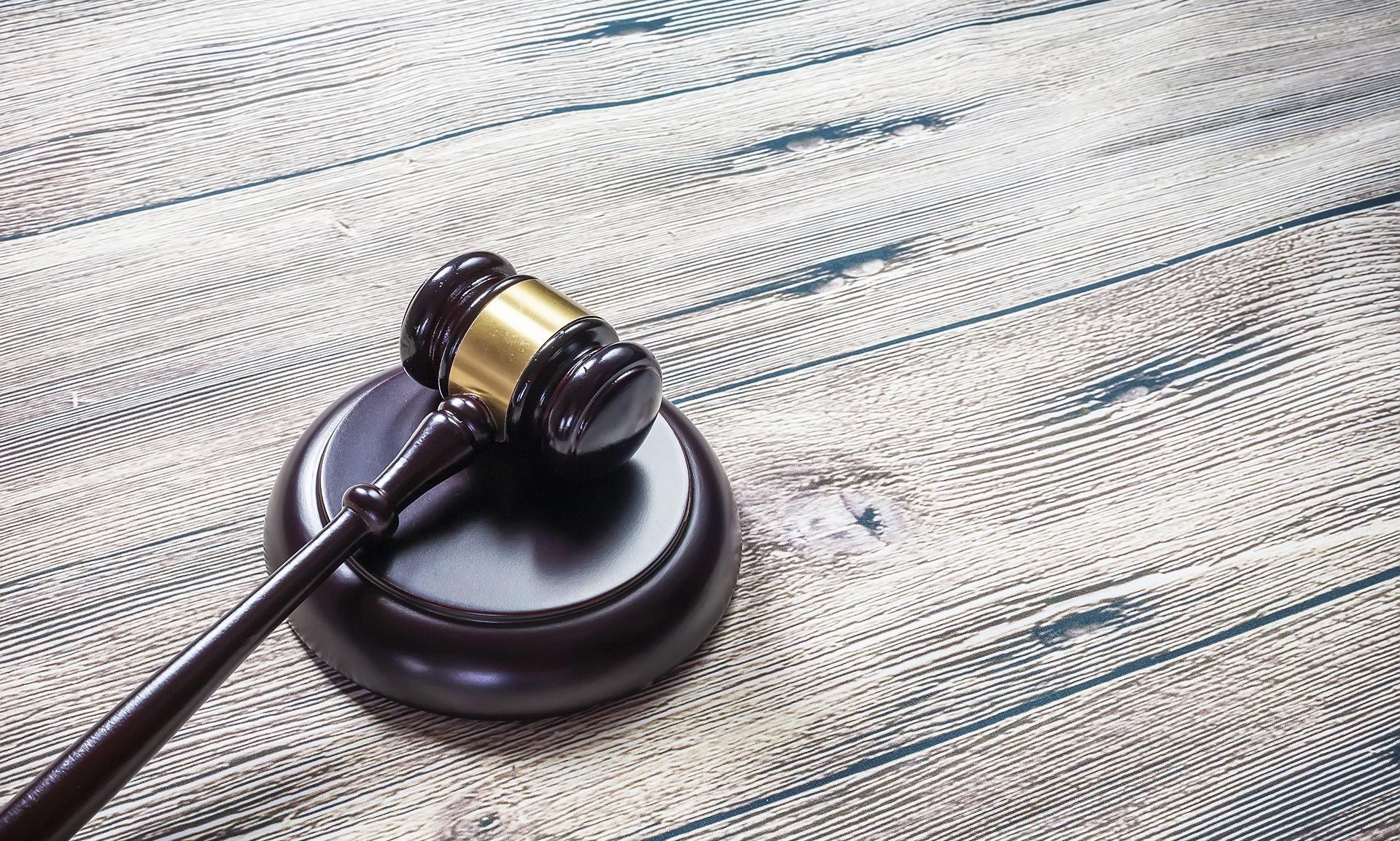Constitutional Lawyer Near Me: Uphold Your Constitutional Rights Now

With the rise of concerns on unconstitutional practices in Detroit, is an increase in demand for attorneys. Such issues include excessive force by police, lack of access to quality legal representation, and so on. Fortunately, there are local competent lawyers in Michigan who can help you with legal matters on civil, criminal, business, and the like.
Regardless of the type of the case, lawyers are defenders of constitutional mandates. Their role is to safeguard citizens from rights violations. In this article, we will tackle what we should know about constitutional law, its importance and how it affects Detroit as a whole.
Importance of Constitutional Law in the Legal System
Constitutional law sets out the fundamental principles that govern the state. To protect citizens from abuse of power, boundaries are set on the government bodies.
Supreme Law of the Land
Laws have undergone many readings and drafts before coming into effect. The proposed law must align to the Constitution, it being the supreme law. Hence, if a proposed bill or law is unconstitutional, it must be void.
Before we discuss additional concepts, let us know the branches of the government first. These are legislative, executive and judicial.
Legislative branch makes the law, and it must be in accordance with the Constitution. This consists of State Senators and Representatives.
The executive branch enforces the law, and the manner of implementing laws must also be constitutional. It comprises the Governor, Secretary of State, and Attorney General.
Lastly, the judicial branch. It interprets the constitution and laws, and applies their interpretations to cases brought before it.
Source for three branches: Click Here.
Separation of Powers
Remember the three branches and how their functions are different from one another? The separation is to ensure that no single branch becomes too powerful. No branch is higher than the other.
Checks and Balances
It is commonly mistaken with the previous concept. The key difference is, it checks whether the other branches are not overstepping over each other’s duties and powers. The executive cannot take judicial matters into their own hands. Such action can lead to an irregularity.
Protection of Rights
Our rights are inherent and essential to humanity. This principle insists on the judiciary's and legislature's respect for personal liberties. That being so, individual rights such as free speech, religion, and assembly are immune to government intrusion.

Rule of Law
It dictates that everyone, including government officials, is subject to the same laws.
Framework for Governance
It allocates powers between federal and state entities and maintains balance through checks and balances. It is a dynamic yet stable document, defining government scope and limits. This structure is vital for preserving order and allowing governance to adapt to changing societal demands.
Adjudication of Disputes
Constitutional law serves as a standard for the judiciary to adjudicate disputes. Courts interpret and apply the constitution when there are questions about the application or violation of its provisions.
Amendment Process
In any amendment, the Constitution is recognized for its lasting relevance. It goes hand in hand with evolution, and an important consideration in modernizing laws. By doing so, the democratic ideal is upheld.
Legitimacy
Think of the constitution as the document's supreme authority over U.S. law, stemming from public consent. It depends on unwavering commitment to the Constitution's words by both the government and its people. This principle underpins the social contract between the state and the individual in America.
Stability and Continuity
Amidst changes, the Constitution sustains the stability and continuity of American governance. It guarantees that core governance structures stay intact, offering predictability and consistency in legal matters. Progress while preserving the integrity of institutional foundations is supported.
Civic Engagement and Education
The Constitution emphasizes civic engagement and education, underscoring informed participation as crucial to the republic's vitality. It advocates for an educated public as key to sustaining constitutional democracy. The development of civic duty and consciousness is seen not merely as beneficial but as necessary for upholding the nation's core principles.
Conclusion:
These constitutional principles are the foundation of the United States. It supports adherence to democracy, equity and justice. As the nation progresses, these tenets serve as beacons, keeping the Constitution dynamic and attuned to the evolving ambitions of its citizens.
Key Constitutional Rights Every Detroit Citizen Should Know
In the bustling cityscape of Detroit, where the rhythm of urban life marches swiftly, it's essential for every citizen to grasp the key protections afforded to them by the U.S. Constitution. These rights, serving as a shield against the overreach of government power, are foundational to maintaining the personal freedoms and democratic values we cherish. Below are core constitutional rights that every Detroit citizen should be aware of.
Source for all rights:
https://law.justia.com/constitution/michigan/article-i/
Unlawful Searches and Seizures
The Fourth Amendment is a protection against arbitrary intrusions by the government, ensuring that searches of one's home or property, and seizures of possessions, are carried out lawfully, typically with
a warrant and
probable cause.
Sec. 11. The person, houses, papers and possessions of every person shall be secure from unreasonable searches and seizures. No warrant to search any place or to seize any person or things shall issue without describing them, nor without probable cause, supported by oath or affirmation. The provisions of this section shall not be construed to bar from evidence in any criminal proceeding any narcotic drug, firearm, bomb, explosive or any other dangerous weapon, seized by a peace officer outside the curtilage of any dwelling house in this state.
Source: https://law.justia.com/constitution/michigan/article-i/section-11/
Freedom of Speech and Expression
The First Amendment guarantees Detroit residents the liberty to express ideas and opinions freely, a right that is a cornerstone of a vibrant democracy, encouraging robust debate and discourse within the community.
Sec. 5. Every person may freely speak, write, express and publish his views on all subjects, being responsible for the abuse of such right; and no law shall be enacted to restrain or abridge the liberty of speech or of the press.
Freedom of Religion
Enshrined in the First Amendment, it allows individuals to practice their faith openly, without being infringed upon, and without fear of governmental interference.
Sec. 4. Every person shall be at liberty to worship God according to the dictates of his own conscience. No person shall be compelled to attend, or, against his consent, to contribute to the erection or support of any place of religious worship, or to pay tithes, taxes or other rates for the support of any minister of the gospel or teacher of religion.
Due Process
Equal Protection
The Fifth and Fourteenth Amendments provide a dual promise to the people of Detroit: no person shall be deprived of life, liberty, or property without due process, and all citizens are entitled to equal protection under the law, prohibiting discrimination and upholding justice.
Sec. 17. No person shall be compelled in any criminal case to be a witness against himself, nor be deprived of life, liberty or property, without due process of law. The right of all individuals, firms, corporations and voluntary associations to fair and just treatment in the course of legislative and executive investigations and hearings shall not be infringed.
Right to a Fair Trial and Right to an Attorney
The Sixth Amendment is a bulwark of the legal system in Detroit, assuring that anyone accused of a crime receives a fair and public trial, and guarantees the assistance of legal counsel for their defense.
Cruel and Unusual Punishment and Excessive Bail
This amendment is a commitment to the citizens of Detroit that punishments will be fair and proportional to the offense, and bail shall not be set at excessive amounts, preserving the principle of humanity within the justice system.
Sec. 16. Excessive bail shall not be required; excessive fines shall not be imposed; cruel or unusual punishment shall not be inflicted; nor shall witnesses be unreasonably detained.
Right to Bear Arms
The Second Amendment provides Detroiters with the right to possess and use firearms, a deeply rooted American tradition, safeguarded with a view towards self-defense and collective security.
Sec. 6. Every person has a right to keep and bear arms for the defense of himself and the state.
Quartering of Troops
The Second Amendment provides Detroiters with the right to possess and use firearms, a deeply rooted American tradition, safeguarded with a view towards self-defense and collective security.
Sec. 8. No soldier shall, in time of peace, be quartered in any house without the consent of the owner or occupant, nor in time of war, except in a manner prescribed by law.
Rights to a Jury Trial in Civil Cases
Sec. 14. The right of trial by jury shall remain, but shall be waived in all civil cases unless demanded by one of the parties in the manner prescribed by law. In all civil cases tried by 12 jurors a verdict shall be received when 10 jurors agree.
Conclusion:
We can do a self-check whether our rights are violated or not. However, note that every violation of rights is a case-to-case basis according to certain circumstances, and any allegation or accusation will be subjected to legal proceedings.
How Constitutional Law Affects Detroit Residents
The Constitution may not be as evident in our daily lives, it touches our jobs, schools, economy and safety in the city. Let’s explore how it mixes with the daily lives of Detroit folks.
Protection of Rights and Freedoms
First Amendment: Protects freedom of speech, religion, press, assembly, and petition. This allows people to express their opinions, practice their religion freely, and gather to discuss or promote ideas.
Legal Protections and Due Process
Fourth Amendment: Protects against unreasonable searches and seizures, which safeguards people’s privacy and personal belongings.
Fifth and Sixth Amendments: Ensure due process, the right to a fair trial, and legal representation, providing fundamental fairness in legal proceedings.
Equality Before the Law
Fourteenth Amendment: Ensures that every citizen is treated equally before the law, promoting fairness and equality.
Participation in Governance
Fifteenth, Nineteenth, and Twenty-sixth Amendments: Extend voting rights to citizens regardless of race, gender, and age (for those 18 and above), allowing broader participation in democratic processes.
Economic Impact
Commerce Clause (Article I, Section 8): Allows Congress to regulate commerce, affecting businesses, consumers, and the overall economy.
Property Rights
Fifth Amendment (Takings Clause): Protects property owners by requiring just compensation if private property is taken for public use.
Education and Schools
Various Court Decisions: Interpretations of the Constitution have influenced public education, such as the desegregation of schools (Brown v. Board of Education).
Health and Personal Decisions
Court Interpretations: Decisions, like those related to abortion rights (Roe v. Wade), impact personal medical decisions and healthcare.
Law Enforcement and Criminal Justice
Miranda Rights: Derived from the Constitution, they protect individuals during interactions with law enforcement, ensuring they are aware of their rights.
Eighth Amendment: Protects against cruel and unusual punishment, affecting the criminal justice system's operation.
Employment and Workers’ Rights
Court Interpretations: Legal interpretations of constitutional provisions can influence labor laws and workers' rights.
Conclusion:
Constitutional laws act as a constant presence that shapes various aspects of everyday life, from personal freedoms to economic transactions, interactions with law enforcement, and participation in the democratic process. Understanding one's constitutional rights and how courts interpret these rights is essential for informed civic participation and protecting one’s interests and liberties.
Case studies: Landmark constitutional cases in Detroit
Detroit’s landscape has been shaped by landmark cases that have challenged, interpreted, and ultimately defined constitutional law. Join us as we uncover some of the pivotal court decisions that left a mark in history, which have steered the dialogue on rights, liberties and governance.
Milliken v. Bradley (1974):
The Milliken v. Bradley case was a major decision about whether schools from different areas could be made to desegregate. It caused a stir because the court said that schools could not be forced to mix students from different districts unless it was proven that the districts planned to segregate. Today, this case is a key reference in debates about how far courts can go to make schools diverse.
Reed v. Reed (1971):
In Reed v. Reed, the Supreme Court decided that laws can't treat men and women differently. The case made waves for being the first time the court said that the Constitution doesn't allow sex-based discrimination. This decision has paved the way for equal treatment of men and women under the law.
Lewis v. City of Detroit (2003):
The Lewis v. City of Detroit case tackled the issue of a city rule requiring that some workers must live in the city. The Michigan Supreme Court ruled the rule was unconstitutional because it treated people differently based on where they lived. The outcome has since stood as a reminder that city laws need to treat everyone the same, no matter where they live.
Poletown Neighborhood Council v. City of Detroit (1981):
The Poletown case dealt with whether the city could take over a neighborhood to build a factory. The Michigan Supreme Court first said yes, arguing it was for the public good, which was a big deal because it involved taking people's homes. Later, this decision was reversed, which now serves as a cautionary tale about the government taking property for business purposes.
Wayne County v. Hathcock (2004):
Wayne County v. Hathcock changed the rules about when the government can take private land. It stopped the practice of taking land just to help businesses, which was a big change from the previous Poletown case. This ruling is now a key example used when discussing when it's okay for the government to take over private property.
Schuette v. Coalition to Defend Affirmative Action (2013):
Schuette v. Coalition to Defend Affirmative Action focused on whether Michigan could ban affirmative action in colleges. The Supreme Court said that Michigan was allowed to ban it, which was a major talking point about race and college entry. This case is important for understanding how states can control college admission rules regarding race.
Detroit Free Press v. Ashcroft (2006):
Detroit Free Press v. Ashcroft was a big win for keeping government actions open to the public. The court said that deportation hearings can't be hidden from the public and the press, raising questions about secrecy and safety. This ruling is often cited in discussions about the public's right to know what the government is doing.
Conclusion:
These cases reflect Detroit's central role in various legal issues, including education, affirmative action, property rights, employment law, and civil liberties. Each case has contributed to the legal and social fabric of the city and, by extension, the nation.
Overall Conclusion:
We can leave the duties and responsibilities to attorneys to provide quality legal representation. However, it still leaves us, individuals, to empower ourselves and advocate for our rights, towards a society that is law-abiding and respects the rights of all individuals.










